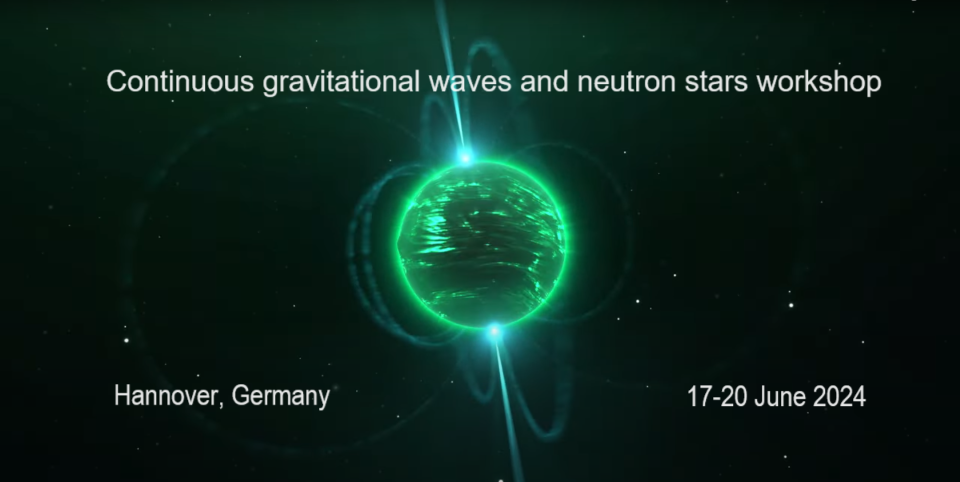Speaker
Description
Pulsar timing noise is the stochastic deviation of the pulse arrival times of a pulsar away from their long term trend. In the standard two-component crust-superfluid neutron-star model, timing noise can be explained as the perturbation of the two components by irregular torques. Interactions between the crust and superfluid cause these perturbations to decay exponentially with a characteristic relaxation time scale. In this research we assume the two-component model, then use a Kalman filter to track the pulsar frequency over time and produce a Bayesian posterior for the two-component model parameters given the data. Our method is reliable on simulated data, which we show through individual and large-scale Monte Carlo tests. We also show a representative example on publicly available data from a real pulsar, where we test the two-component model and use it to efficiently measure physical properties of the star, including the relaxation time scale. Our measurements of the properties of neutron stars may lead to information about their equation of state and provide evidence for or against the two-component model.

